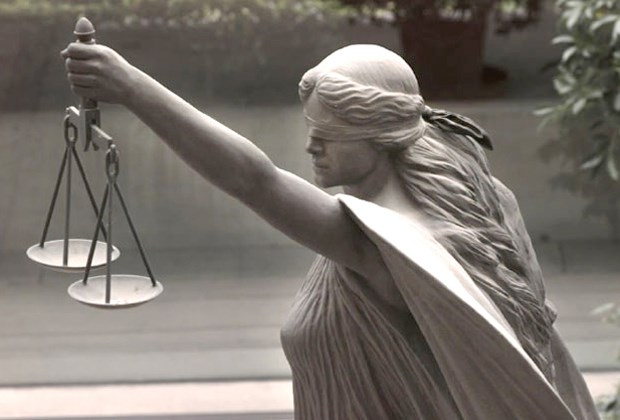The Supreme Court of Canada has sided with a North Vancouver weapons dealer in declaring part of the federal government's tough-on-crime legislation unconstitutional.
The case concerned whether taking away the chance for early parole for people who have already been sentenced violated their rights by subjecting them to double jeopardy or extra punishment.
In a ruling handed down last week, a panel of justices from Canada's top court ruled that the legislation amounted to an added penalty.
The Supreme Court upheld two lower court rulings that found retroactively taking away the right to early parole amounted to punishing offenders "again" for their crimes by lengthening the time they faced behind bars.
The challenge to the Conservative law was launched by Christopher John Whaling, a North Vancouver man, who was jailed after being convicted of three gun offences.
Whaling, who used to be a verifier for the Canadian Firearms Registry, was nabbed five years ago as part of a police investigation into a large-scale guntrafficking ring in the Lower Mainland.
When police searched Whaling's North Vancouver home on East Keith Road under warrant, they found a large quantity of unregistered firearms, including two 45-calibre handguns -one of which was loaded - and a MAC-10 automatic pistol, as well as machine guns in various stages of completion.
He also had a gun similar to an AK-47 that he had converted into a fully automatic weapon and stashed in a box in the woods near Squamish.
In September 2010, Whaling was sentenced to four and a half years in jail.
Because he was a first-time federal offender serving a sentence for non-violent offences, Whaling was entitled to apply for accelerated day parole, which allows offenders to be released on parole after just one-sixth of their sentence.
But when the federal government's new law abolishing accelerated parole came into effect, in March of 2011, Whaling got a letter saying he was no longer eligible for the program.
According to the Supreme Court of Canada decision, the change to the law essentially extended Whaling's time in jail by three months.
Two other inmates, who also challenged the law, had their time behind bars extended by nine and 21 months respectively.
In May 2013, a panel of B.C. Court of Appeal justices rejected a bid by Whaling to overturn his conviction on three weapons offences. They agreed with the original trial judge that the convictions were based on "a substantial body of evidence" and that Whaling's version of events simply wasn't credible. Last month, the B.C. appeal court also rejected Whaling's appeal of his sentence.



